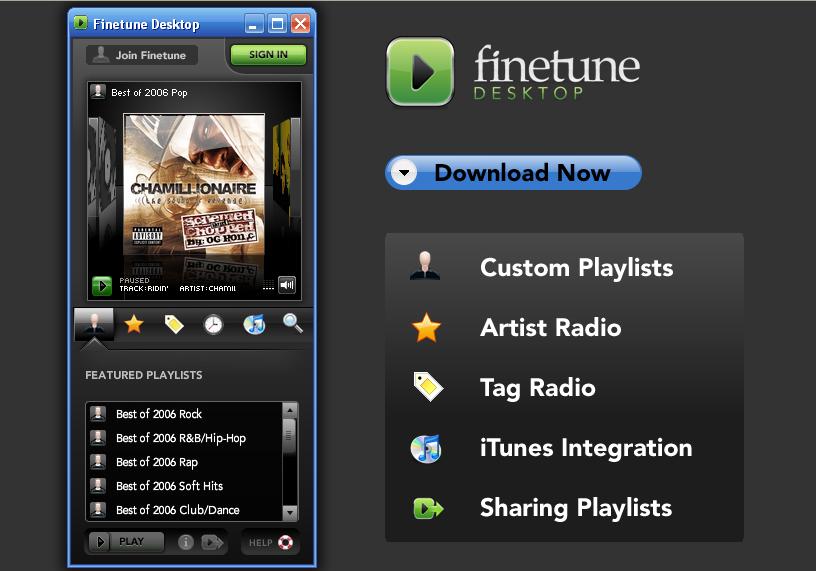Adobe moves the web to the desktop
Apollo bridges gap between web apps and desktop computers

Recently, the trend has been to move applications to the web. Besides checking email and using webmail services, you can do word processing, spreadsheet calculations and image editing using web-based programs. But Adobe is travelling against the stream: its new Apollo technology looks to move the web to the computer.
Adobe today released an alpha version of its new Apollo technology, which experts believe will have a large influence on the internet in coming years.
Adobe's Apollo technology uses Flash, Flex, HTML, Javascript and Ajax to enable web applications to run locally on a computer in the shape of RIAs (rich internet applications). It can also access data on the local hard disk, and integrates with other applications, such as Adobe's PDF.
Apollo makes it possible to download a web application to a computer and then run it from the hard disk without a web browser. In some cases, the computer doesn't even need to be connected to the internet to run the program.
"This is a great runtime environment for [web] applications... that are used more frequently or where people want more interaction with local data," said Kevin Lynch, chief software architect and senior vice president of Adobe's platform business unit.
Of course, not all applications will gain from being moved to computers, but there are certain benefits. Running speeds are likely to increase where applications normally depend on a fast internet connection, as a computer's CPU can often be more powerful than a server used by many users simultaneously.
There are also things than web pages can't do due to limitations in their user interface; for example move documents on the hard disk, or drag-and-drop and similar functions. The RIAs used in Apollo are compatible with Windows, Mac OS X and Linux.
Sign up for breaking news, reviews, opinion, top tech deals, and more.
A beta version of Apollo is expected this summer, and version 1.0 is planned for the end of the year, Adobe said. Several solutions are already being built in, including an application from eBay , among others. If you're interested in trying Apollo, a developer's kit is available here .